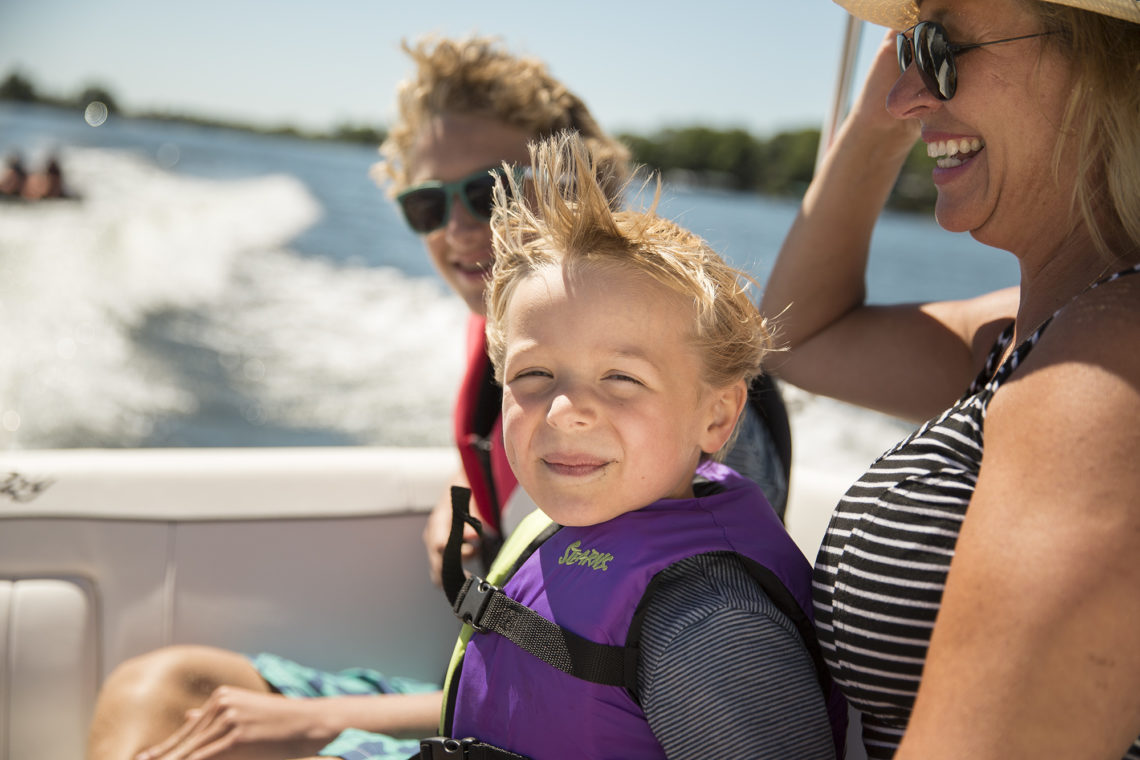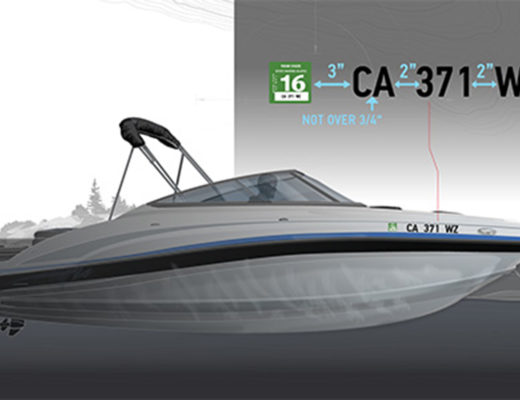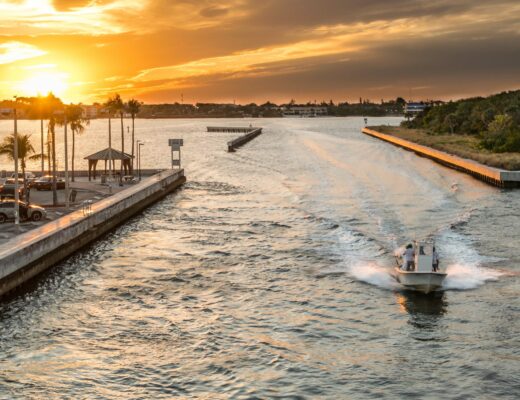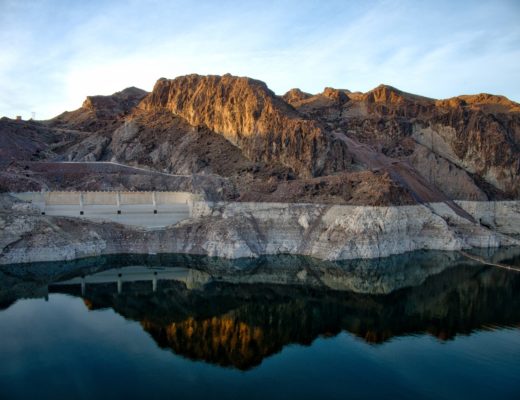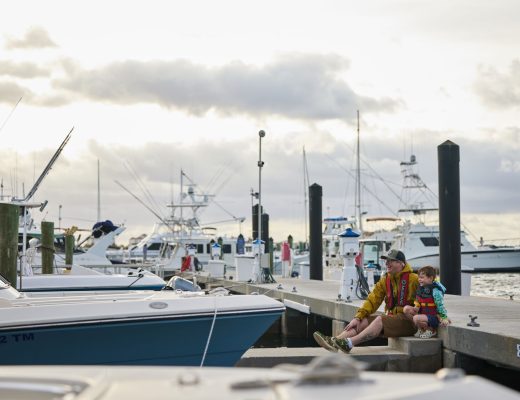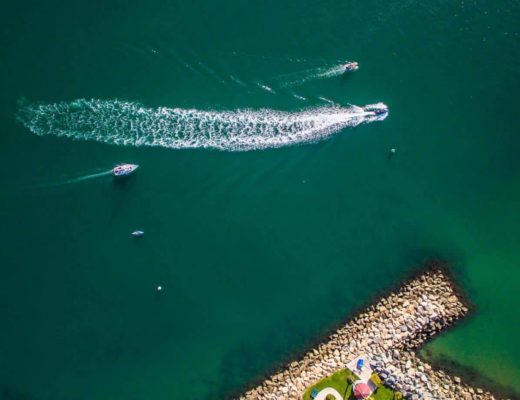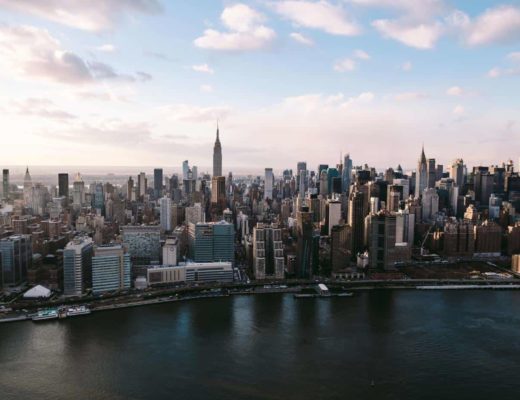Boating is a great way to pass the time. We are big fans of getting outdoors and soaking in what Canada’s lakes and waterways have to offer.
However, what are the guidelines for boating during a health pandemic? During the coronavirus, many Canadian boaters were unsure of the coronavirus rules, restrictions, and regulations that were in place when it came to getting out on the water in their province.
Across the country, provincial and national parks were closed or had restricted access, including many of the country’s boating access areas, launches, docks, and marinas. Now that restrictions have been lifted post-COVID, you can feel free to get out and enjoy some time with your family on the boat.
Are you looking for a recap of the restrictions and boating opportunities that were in place across the country as the pandemic ended? Here’s what took place to ease restrictions, broken down by province.
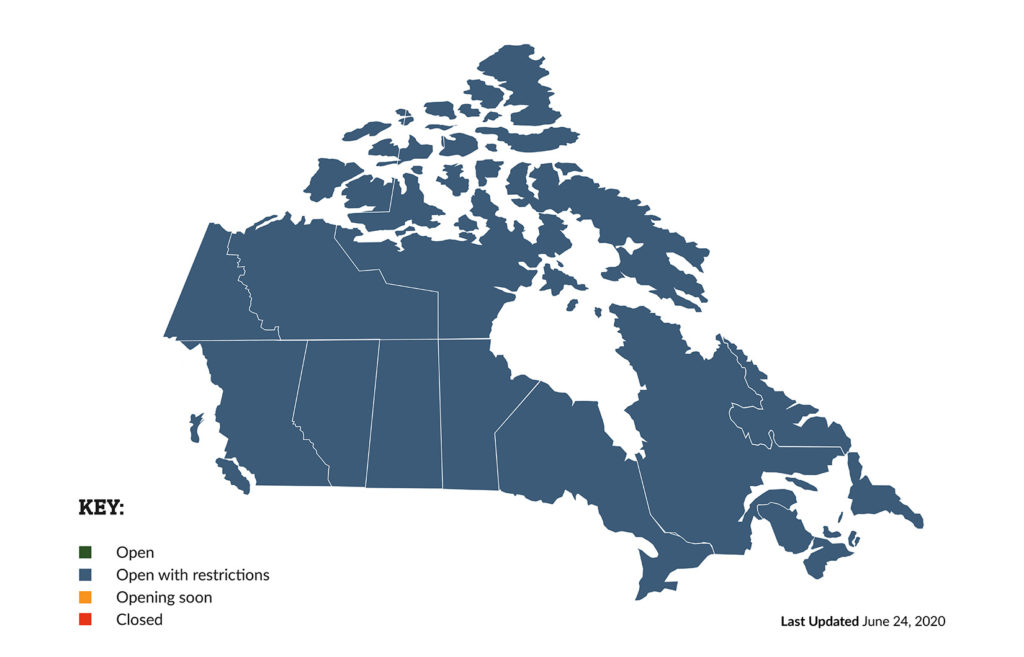
How to Stay Safe and Healthy While Boating During a Pandemic
When planning a boating trip during a pandemic (like COVID-19), be sure to follow health guidelines and physical distancing. In general, following these quick tips can help keep you safe:
- Before you head out, check for boating access restrictions that may be in effect. Don’t try to use boat launches or access areas that are closed to the public.
- Only go boating with your immediate household unless your Provincial re-opening regulations allow otherwise. Although it may seem like a nice gesture to invite your friends and extended family, it’s not worth the risk if health risks are high in your area.
- Wash your hands often. Keep hand sanitizer onboard your boat to prevent any spread of germs. Avoid touching your face.
- Operate with extra caution. Even though boat traffic may be a bit lighter than usual, that doesn’t mean that accidents can’t happen. If you’re involved in a boating-related emergency, you’re not only at risk of injury from the accident; you’re also putting yourself at a higher risk of exposure to others. You’re also putting front-line health workers who may need to be on the scene at risk.
- Keep your distance from other waterway users, and don’t anchor or moor your boat close to others.
- Check your fuel levels! Make sure your boat is fuelled up before you head out, in case fueling docks aren’t open when you need more fuel.
- Stay local. Now is not the time to explore new areas of your province by way of boat.
In general, while we experienced the coronavirus pandemic, boaters were encouraged to stay local, stay safe, and avoid any undue strain on their local emergency services.
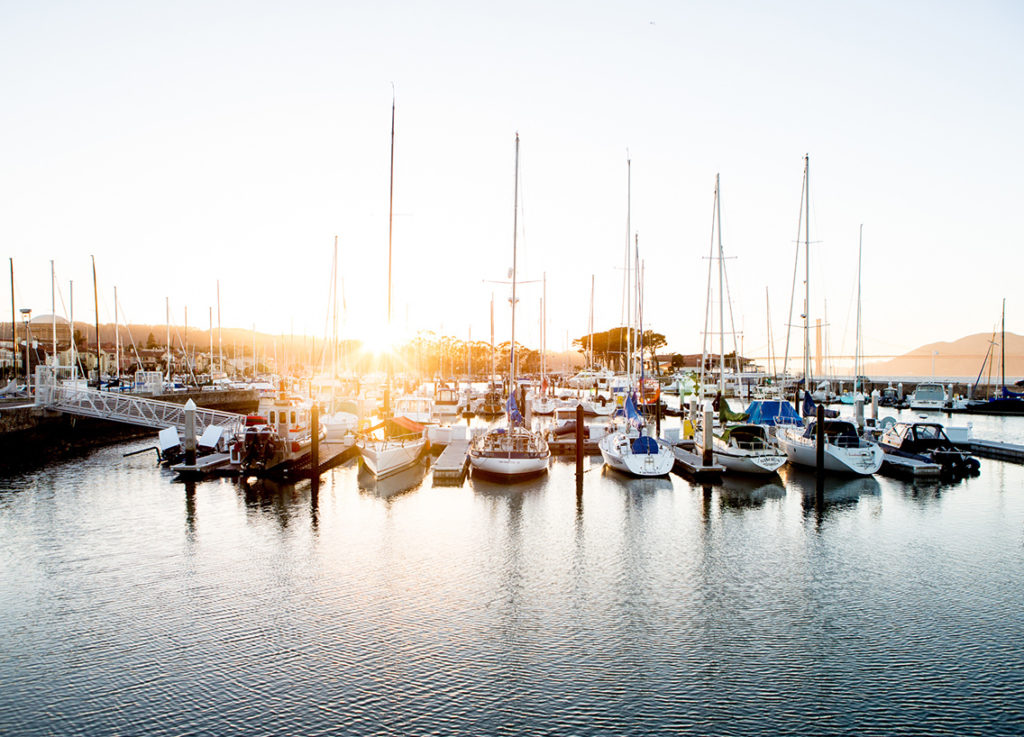
Guidelines for Boating During a Pandemic (by Province)
So, what were the rules in place during coronavirus? These types of regulations could apply to any pandemic situation, so if you need a refresher, find your province below!
British Columbia
The province of British Columbia reopened many of its Provincial Parks, protected areas, and marine parks as the pandemic ended, which means more outdoor recreation and boating opportunities become available for BC residents. However, boaters were still asked to check with local authorities to determine if their local boating access areas were open or had restrictions in place before attempting to launch their boats.
Additionally, many of BC’s marinas reopened as the pandemic eased, but some had reduced hours or services. Boaters were asked to check with the local marina if they needed to take their boats out of storage or if a boat required service to determine what services were being offered.
Recreational boat operators in BC were also reminded to maintain social distancing measures while they’re out on the water and to check with local authorities to learn about restrictions before heading out.
Alberta
There was a blanket ban on large gatherings and festivals in Alberta, and the Calgary Stampede was officially canceled for the first time in almost a century, but thankfully, there were other ways to get out and enjoy the long-overdue summer months in Alberta.
Boating or paddling is an excellent family or solitary activity. It’s the perfect way to exercise social distancing while enjoying Alberta’s provincial lakes and waterways.
As the pandemic ended, Alberta’s boating access varied by region. Boaters were encouraged to check locally to determine which boating access areas are currently open to the public. However, most public boating access areas and boat launches re-opened as of May 1, 2020.
Boat rental opportunities in the province also varied by region. For example, the City of Calgary initially mandated the closure of all recreational facilities within the City until August 2020, which impacted boat rental facilities. While the City loosened those restrictions and reopened many of its facilities on June 9, 2020, at the end of the coronavirus, boaters were still asked to contact the rental service they’d like to book with to determine what restrictions are in place.
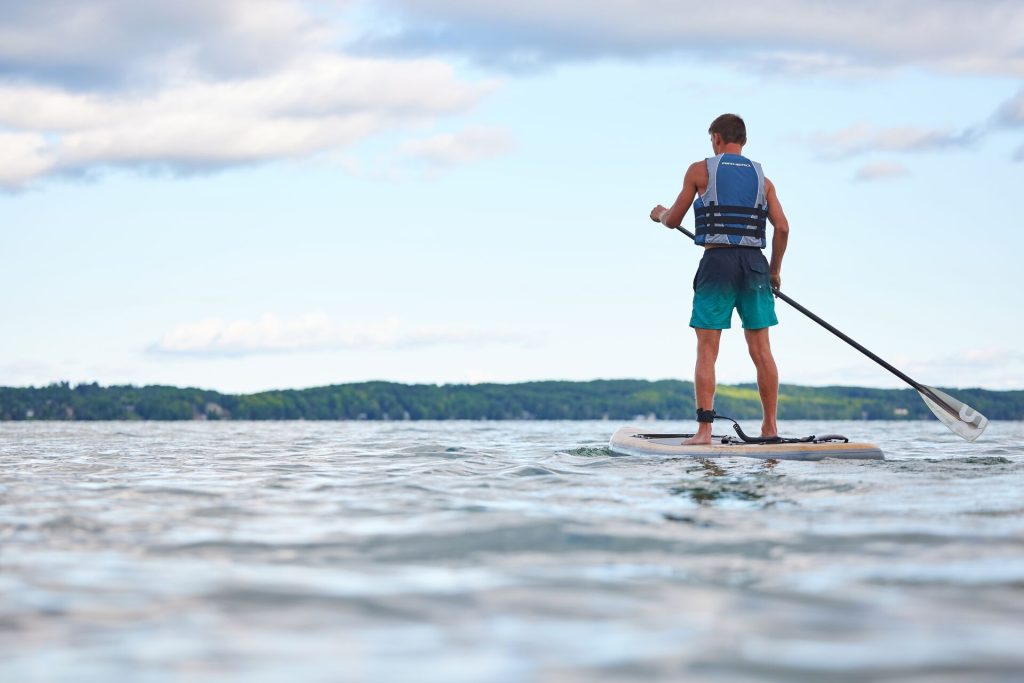
Saskatchewan
Saskatchewan’s Provincial and Regional Parks officially reopened boat launch access as of May 2020 after the coronavirus, permitting boaters in the area to head out on the water. However, the province asked them to maintain physical distancing guidelines and any other social gathering restrictions that may be in effect.
Some regions may still have had local restrictions in place, so it wasn’t safe (yet) to assume that you can launch your boat anywhere without calling ahead to be sure.
Additionally, the province of Saskatchewan loosened restrictions on boating with members of other households, meaning the passengers on your boat don’t necessarily need to be from under the same roof. However, the province still strongly encouraged members of different households to maintain as much physical distance as possible.
Residents of Saskatchewan were also permitted to access properties such as cabins or long-term campsites located within Provincial Parks. Non-residents may also access properties located within Saskatchewan’s Provincial Parks; however, travel between provinces is still not recommended.
Manitoba
Toward the end of the coronavirus pandemic, many of Manitoba’s outdoor recreation areas and campgrounds re-opened in May 2020. Provincial parks, which included boating access areas, were also opened to the public. However, visitors were asked to maintain physical distancing guidelines outlined by the province.
At that time, the province had not loosened its restrictions on social circles. Families were still being encouraged to stick to their household bubble.
Additionally, most boat storage facilities and marinas remained open or re-opened, with loosening restrictions. Manitoba’s regional parks and boating access areas were also available. However, some remained closed due to high water levels. Boat operators were encouraged to check for any notices or restrictions before they headed out.
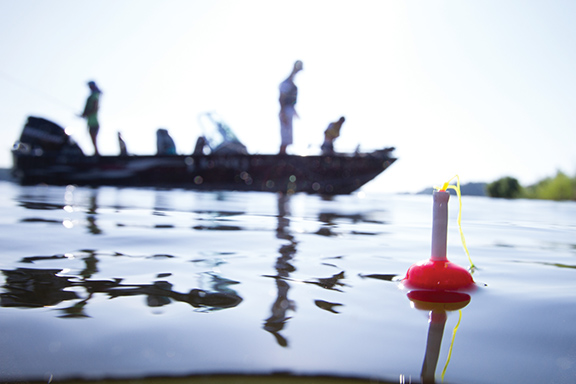
Ontario
Boating access in Ontario began the process of re-opening in May of 2020, meaning boaters were finally able to get their boats out of storage and on the water. Marinas within the province were permitted to begin preparations for the boating season at that time.
The province has confirmed that as of Saturday, May 16, marinas, boat clubs, and public launches were permitted to open for recreational use — just in time for the long weekend.
Many municipal boat launches in Ontario, including those in the City of Kawartha Lakes, also reopened for public use, but restrictions were still in place in some regions. Boaters were asked to maintain physical distancing guidelines even if boating access areas were open,
The Locks
Most of Ontario’s lock systems also re-opened on June 1, 2020, following the coronavirus pandemic. This includes the Trent Severn Waterway and the Rideau Canal.
Available services included lockage, boat launches, mooring areas, day-use areas, trails, etc. However, indoor public spaces such as washrooms and visitor centers were potentially still closed or restricted. Visitors were encouraged to familiarize themselves with restrictions and available facilities before their planned trip.
Guidelines for Boat Rentals
Another point of confusion for boaters in Ontario was the guidelines around boat rentals. Most boat rental services were reopened, with increased health and safety measures and physical distancing guidelines.
However, if you were planning to rent a boat, you needed to be sure that the launch you plan on using is also open. It was recommended that boaters who plan on renting contact the rental service for specific information, restrictions, and availability.
Boat Access Locations
The Ontario Federation of Anglers and Hunters (OFAH) also put together a list of boat launch and public access area statuses during the coronavirus outbreak so hunters, anglers, and boaters can easily check the status of their local launch area.
Boaters in Ontario with access to a private dock and their boat could head out on the lake so long as they stayed safe and practiced social distancing. The province also loosened restrictions around social circles — residents of the province were permitted to expand their social circle to a group of ten people, which means boaters could enjoy the water with more of their extended family or friends.
As always (regardless of a pandemic), boaters need to get certified with a Canadian Boating License (Pleasure Craft Operator Card) before heading out on the water.
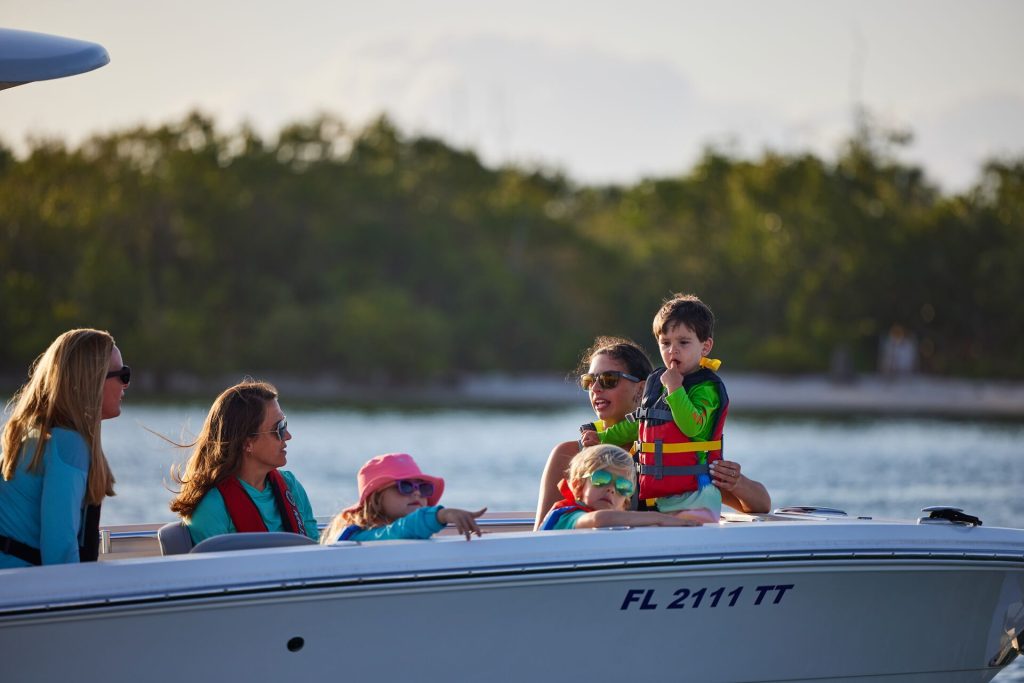
Quebec
Quebec was, by far, the hardest-hit Canadian Province throughout the pandemic. Thankfully, with some reduction in COVID cases, the province began to reopen.
As of June 2020, marinas, boating access areas, and many of the province’s locks and canals reopened following the worst part of the coronavirus health crisis. The Saint Lawrence Seaway, however, remained closed for use. At that time, the St. Lawrence Seaway Management Corporation had yet to announce a reopening date.
Additionally, Quebec’s provincial parks began to reopen. The Société des établissements de plein air du Québec (SEPAQ), which oversees 24 of the province’s parks, stated that limited services were available within parks. Visitors were encouraged to get familiar with restrictions and requirements that apply within the parks before they visit.
Campgrounds and marinas within the province also reopened as of June 1st, which means there are now plenty of opportunities for Quebecers to get outdoors and enjoy some time on the water.
Newfoundland and Labrador
Although, at first, some boating access areas were still somewhat restricted, the province ended restrictions on recreational boating.
Recreational boat operators were welcome to head out on the water. However, there were some limitations regarding who was allowed onboard. The province also expanded its social restrictions, allowing for a two-family bubble. These restrictions were further loosened at the end of May 2020, allowing these two-family bubbles to incorporate six additional people into their circles.
Recreational hunting and angling were also soon permitted within the province.
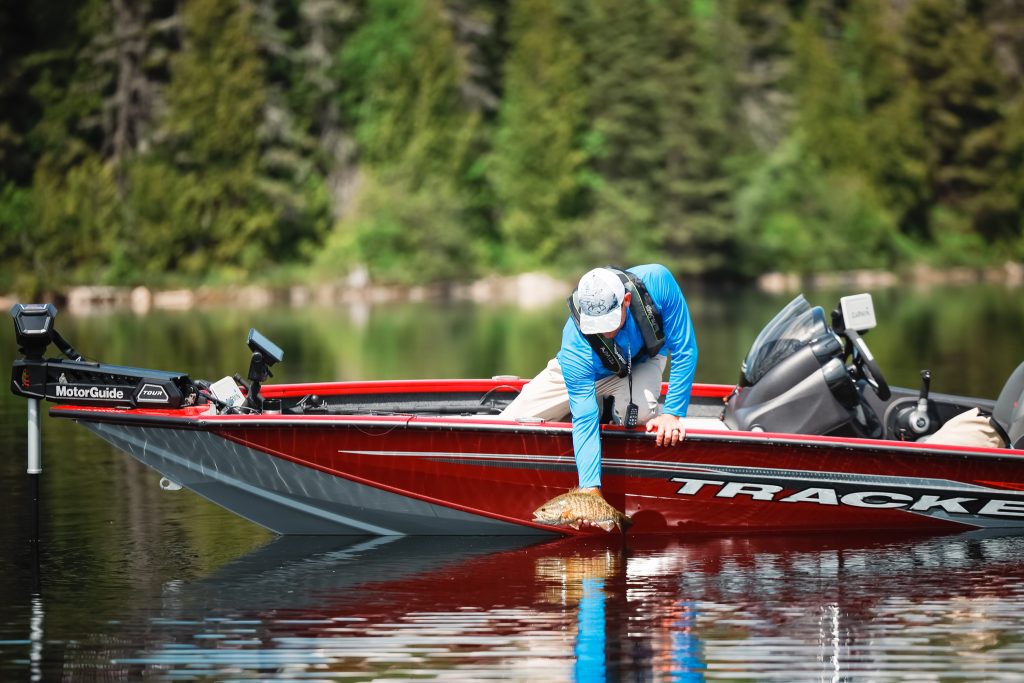
Nova Scotia
Following the coronavirus outbreak, Nova Scotia significantly loosened its restrictions on outdoor recreational activities, which included the boating industry. Those who had boats within sailing or boat clubs were permitted to work on their boats and put them in the water, so long as they maintained physical distancing guidelines.
Additionally, recreational fishing was permitted from a boat, although derbies and festivals were still postponed for a while.
The province also loosened its social distancing restrictions, permitting residents to expand their social circles to groups of ten. However, residents were strongly encouraged to keep the group within their social circle consistent.
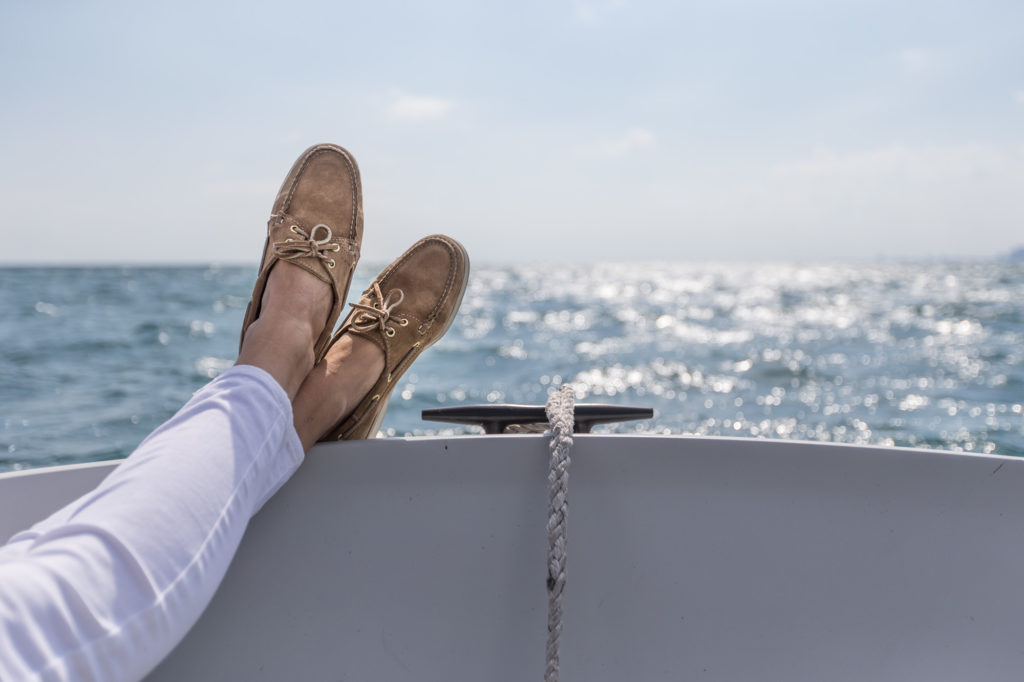
New Brunswick
New Brunswick is another province that loosened restrictions for outdoor recreational activities thanks to a significant reduction in COVID-19 cases. Recreational hunting and angling were permitted province-wide, and boating access areas were open to recreational boaters.
The province also opened campgrounds, parks, and other recreational areas. Residents were permitted to gather within these areas so long as they maintained social distancing. Additionally, the province allowed residents to expand their social circles to groups of ten. It was important to note, however, that some parts of the province where cases were higher are still under tighter restrictions.
Residents were encouraged to familiarize themselves with the social restrictions that apply in their region.
Prince Edward Island
As of May 1, 2020, marinas and yacht clubs were permitted to open within the province of PEI (Prince Edward Island). Since then, restrictions around outdoor recreation continued to loosen. Boating access areas and launches are open, although some did have restrictions in place (such as setting an appointment for launch), so boaters were encouraged to call ahead to check restrictions.
As of May 8, 2020, residents of the province were also permitted to access their seasonal properties — meaning they could head to the cottage, get their boat on the water, and begin to enjoy all that the summer months in PEI have to offer.
While many provinces have begun to allow for larger social circles, PEI maintained restrictions for some time. Residents were still encouraged to practice physical distancing with anyone outside of their immediate household.
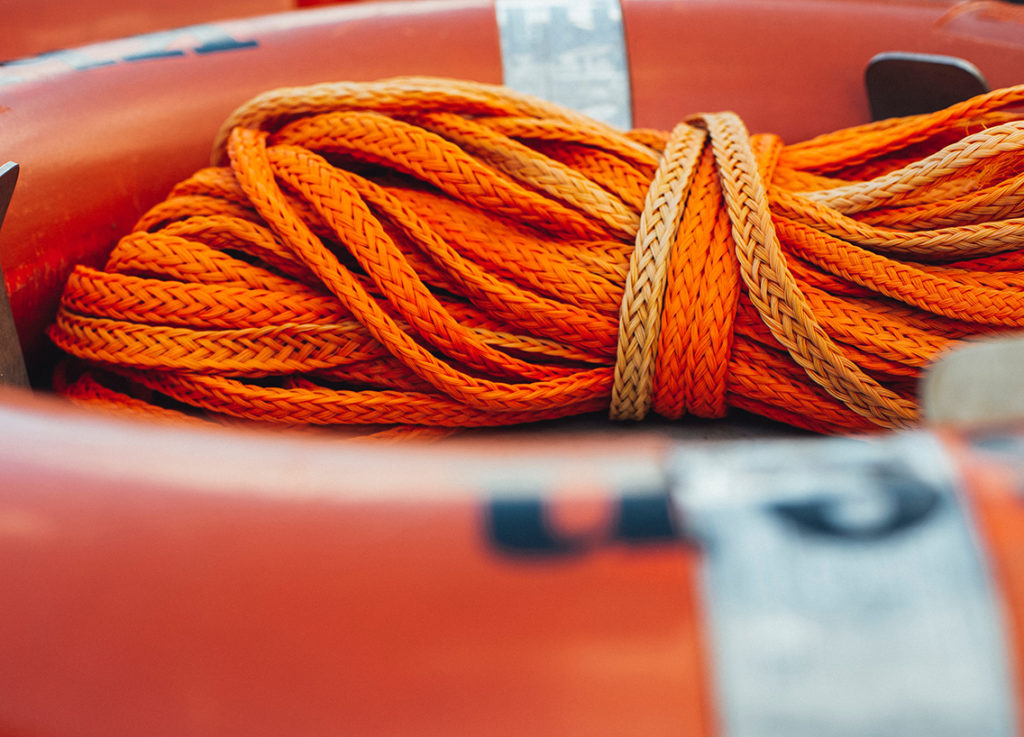
Boating Safety Reminders for Pandemic and Non-Pandemic Times
Remember that even when we aren’t in the age of mask-wearing and social distancing, boating safety is always as important as ever. So here’s your quick BOATsmart! Safety Checklist to keep in mind any time you hit the water:
- Wear a life jacket! More than 80% of Canadians who drowned while boating were not wearing a life jacket. Make sure your personal flotation device (PFD) also fits you properly.
- Drink water while on the water and keep your beer on the pier. Boating while intoxicated by drugs or alcohol is illegal in Canada and dangerous.
- Always be prepared. Load your boat with all of the required safety equipment for your trip. Remember to file a trip plan before you head out, and practice good safety while on the water.
- Get certified. Remember to get your Pleasure Craft Operator Card if you’ll be operating a motorized boat. The PCOC is required for all operators of recreational motorized boats in Canada. You can get certified with BOATsmart! in 3 easy steps.
- Be aware of cold water risks. Even when summer is just around the corner, the water in most regions is still dangerously cold throughout the spring. Cold water can be deadly, so wear your life jacket and be aware of the impacts of cold water immersion.

Stay Safe When Boating During Coronavirus (or Any Time You’re On the Water)
When the country experienced the coronavirus health pandemic, we still had the outdoors to enjoy! Now that provinces are no longer COVID restrictions, you’re free to enjoy the waters to the fullest.
We hope we never have to return to pandemic restrictions on boating access or gathering with friends and family outdoors. However, we hope you are always safe when enjoying your boat, a paddle board, a kayak, or PWC on the water!
Make sure you have your boater card and understand good boating safety best practices before hitting the water in Canada. Take the BOATsmart! boater education course for Canadians, learn everything you need to know about boating safely, take and pass the exam, and then get your boater card!
Originally published in May 2020. Content most recently reviewed and updated for relevancy and accuracy October 29, 2024.
